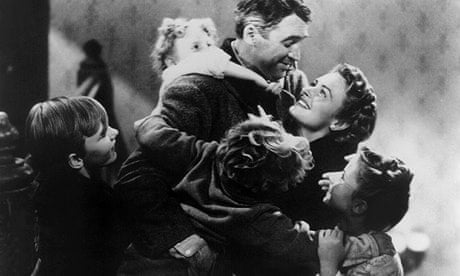Speaking just after he'd won the Guardian first book award, Donal Ryan wasn't sure if he should say that the novel he's working on at the moment has "a very happy ending". I didn't like to enquire further – he had a party to get back to after all – but there seemed to be more to his reticence than the usual authorial reluctance to discuss work in progress. It was as if Ryan was almost embarrassed to admit that after all the anger and despair of The Spinning Heart, and the dangerous greed of The Thing About December, his next book is looking a little more upbeat. But then literary fiction has had a problem with happy endings for years.
It wasn't always this way. I'm not sure what Jane Austen would have made of the genre of "literary fiction", but there's no doubting Pride and Prejudice is going to end with Mrs Bennet getting "rid of her two most deserving daughters". Charles Dickens may have at first dashed all Pip's Great Expectations, but he soon bowed to Edward Bulwer-Lytton's "good reasons" and chose an ending with "no shadow of another parting".
These days writers put themselves through all sorts of angst as they approach the final act. Paul Murray, another Irish novelist of boom and bust, says he suffered heartache over the fate of his characters in his sprawling tragicomedy, Skippy Dies. Joanna Kavenna admits she agonised over the balance between hope and less hope as she wove together four narratives in The Birth of Love. But the most unabashed apologist for the gloomy finish I've talked to recently is Ben Marcus.
According to Marcus, while a lot of entertainment helps us "not think about the worst", literature can "occasionally take this darker task up and try to illustrate a nightmare".
I suppose I'm not so attracted to very happy stories, nor can I really think of too many examples in literature of safe, easy stories that make us feel good. Maybe it's just a form of narcissism to want to tell stories about your demise, maybe you're just getting a chance to write your tombstone before you die.
He cites Kafka's dictum that "the positive is already given" – a theme he returns to in discussing his harrowing short story Rollingwood with the New Yorker fiction editor Deborah Treisman, arguing that "what's left for writers is to depict the negative, the darkness, the bleakest possibilities".
Judging by the sackfuls of novels coming through the door at the Guardian, many authors have bought into this project as wholeheartedly as Marcus over the past few years. Maybe I've just been picking up the wrong books, but I'm hard pressed to think of anything I've read recently with a straightforwardly happy ending. These days the best a character unfortunate enough to find themselves trapped in a literary novel can expect is the kind of lethal transcendence which Tom McCarthy finds for the cryptic narrator of his haunting debut, The Remainder.
Life is complicated I know, and perhaps fictions which aspire to measure up to those complexities will struggle to find straightforwardness in anything much at all, let alone in the sense of an ending. But the territory Marcus stakes out is too small, too constricted to capture all the richness of lived experience. Happiness may write in white ink on white pages as Henry de Montherlant's Don Juan suggests, but Kavenna must be right when she suggests it should be possible to write a great novel with a happy ending. Perhaps Ryan, who says his "overriding aim" in The Spinning Heart was "to say things that were true", should be less embarrassed that he's trying to redress the balance.

Comments (…)
Sign in or create your Guardian account to join the discussion